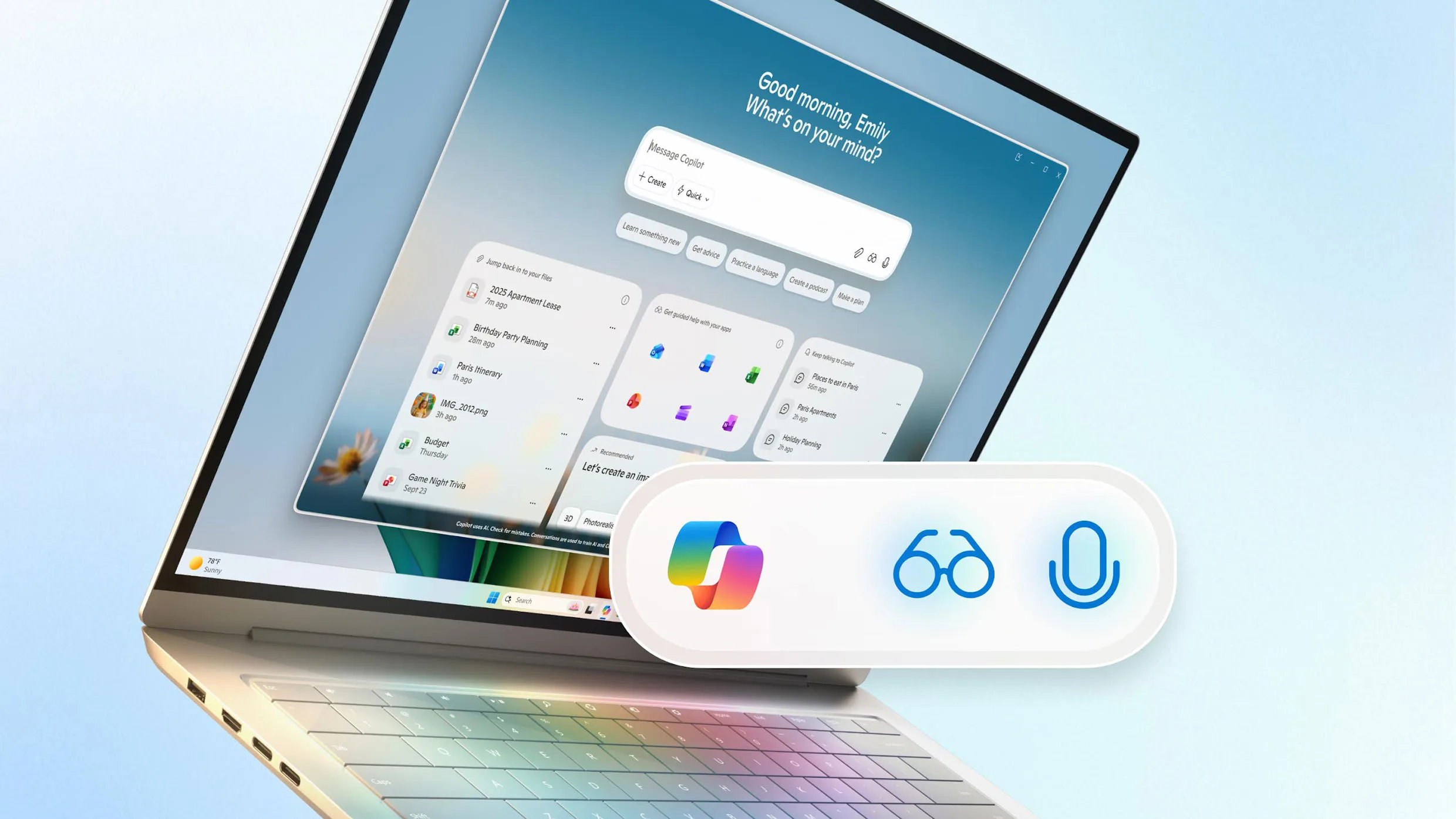
"People remember many things about Windows 95, which turned 30 a couple of months ago. There were its signature new features, such as the Start Button, taskbar, and long file names. The launch event- hosted by Jay Leno-at Microsoft's campus. The TV commercials with the Rolling Stones' "Start Me Up." The crowds of PC users so eager to get their hands on the upgrade that they descended on computer stores at midnight."
"Here's a fact about Windows 95 that isn't exactly iconic: It was the first voice-enabled version of Microsoft's operating system. A collection of technologies known as the Microsoft Speech API (SAPI) provided support for speech recognition and synthesis, letting developers create apps that could speak and be spoken to. But SAPI didn't go on to revolutionize how people used Microsoft products. Neither did any of the numerous other voice-centric technologies it has developed over the decades, such as its 1990s Auto PC car platform and the ill-fated Siri counterpart Cortana."
Windows 95 included the Microsoft Speech API (SAPI), providing speech recognition and synthesis for developers to create speaking and voice-controlled apps. Many Microsoft voice projects since then, including the Auto PC car platform and Cortana, failed to transform mainstream PC interaction. Input methods for PCs have remained largely unchanged since the keyboard and mouse. Microsoft now adds Copilot Voice to Windows 11, enabling users to speak to the Copilot AI and receive spoken responses. The Copilot Voice update represents another effort to establish voice as a primary input mechanism alongside existing keyboards, mice, touch, and styluses.
Read at Fast Company
Unable to calculate read time
Collection
[
|
...
]